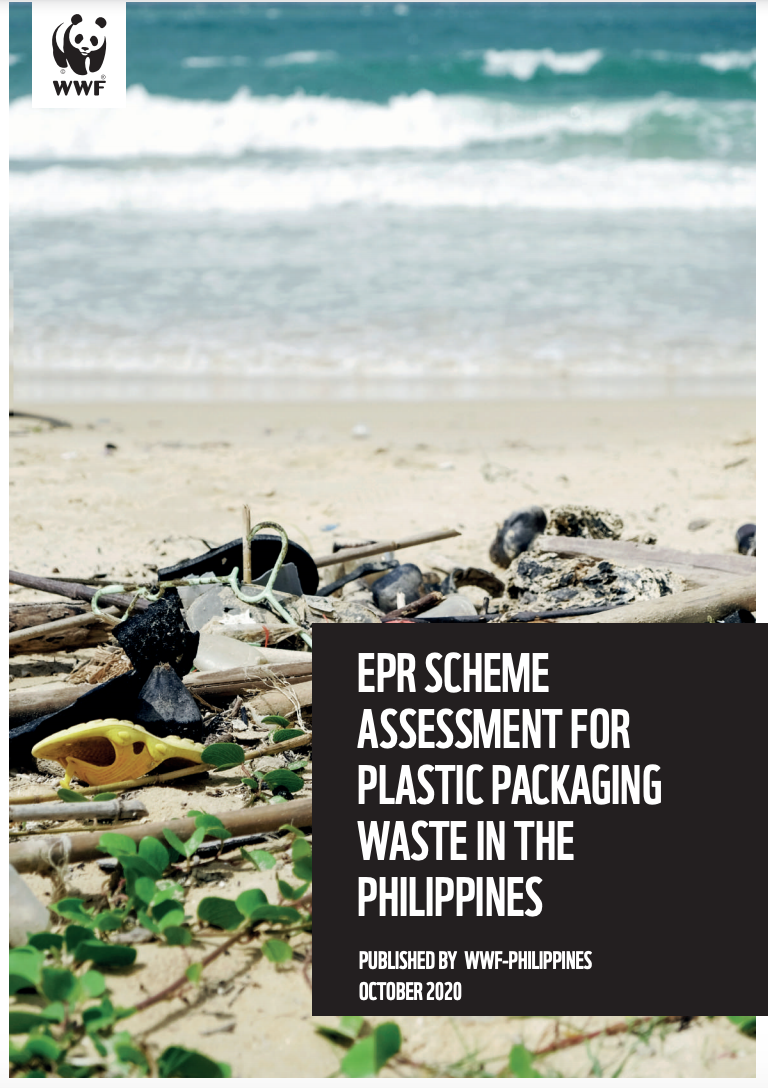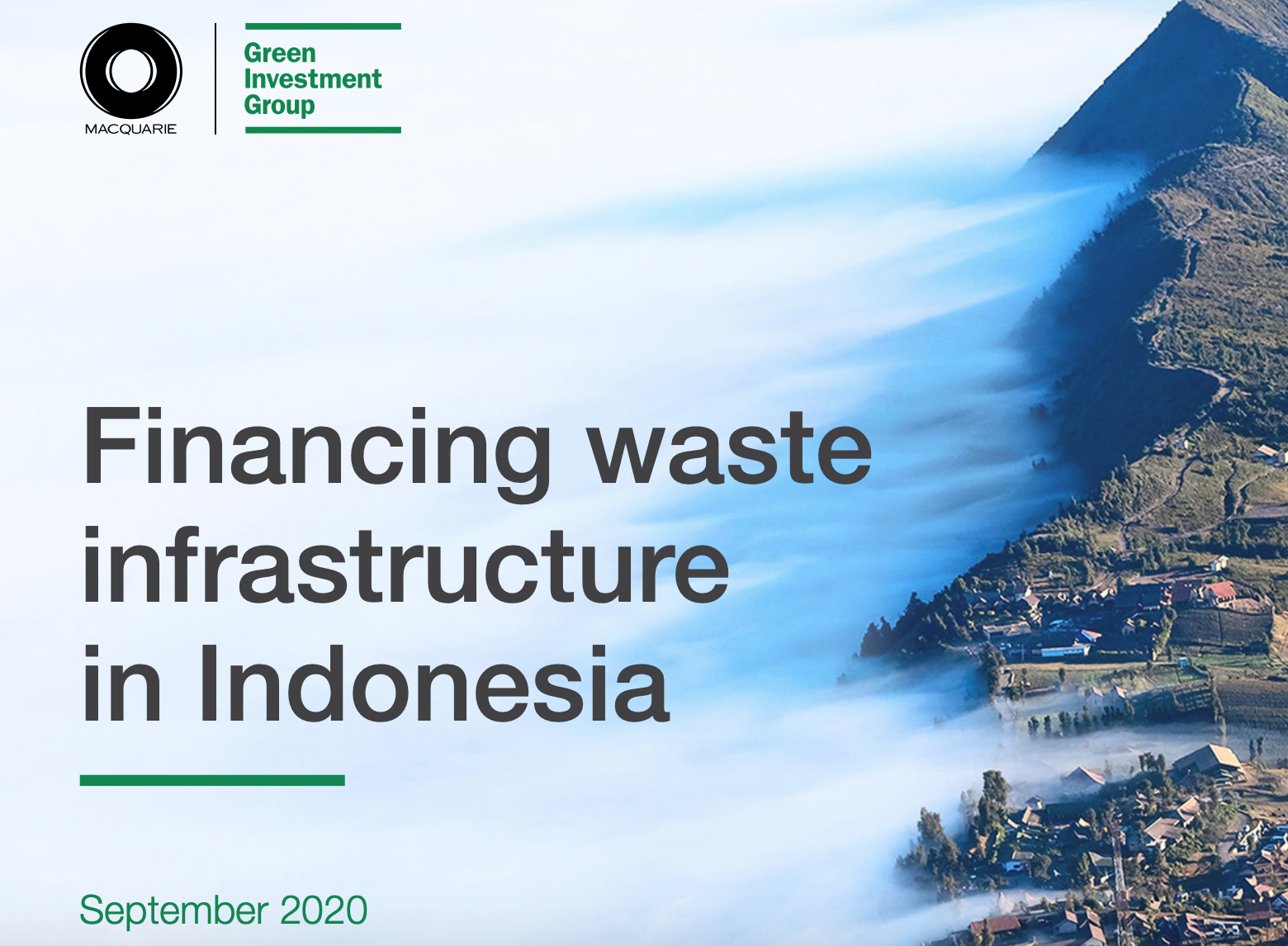Waste Management
Public - visible to all visitors to the platform.
Open to join - users can join this group without approval.
About this Discussion
Every year, an estimated 11.2 billion tonnes of solid waste is collected worldwide and decay of the organic proportion of solid waste contributes about 5% of global greenhouse gas emissions. Poor waste management – ranging from non-existing collection systems to ineffective disposal – causes air pollution, water and soil contamination. Open and unsanitary landfills lead to contamination of drinking water and can cause infection and transmit diseases.
The way a country manages its solid waste has significant long-term implications for public health, the economy and the environment. Therefore, it is essential to promote an environmentally sound solid waste treatment and disposal programme. Investing in greening the waste sector can generate multiple economic and environmental benefits.
Greening the waste sector primarily involves the three “R’s” – reduce, reuse and recycle – with the long-term vision being to establish a circular economy in which the use of materials and subsequent waste is limited, most unavoidable waste is recycled or remanufactured, and any remaining waste is treated so as to minimize environmental damage or even create additional value through recovering energy embedded in material or products.
Upcoming Events
Informative message
Waste Management
Created a Post in Circular Economy, Waste Management
Created a Post in Circular Economy, Waste Management
Created a Post in Waste Management
Created a Post in Waste Management
Created a Post in Waste Management
Created a Post in Waste Management
Created a Post in Waste Management
Created a Post in Waste Management
Created a Post in Waste Management


